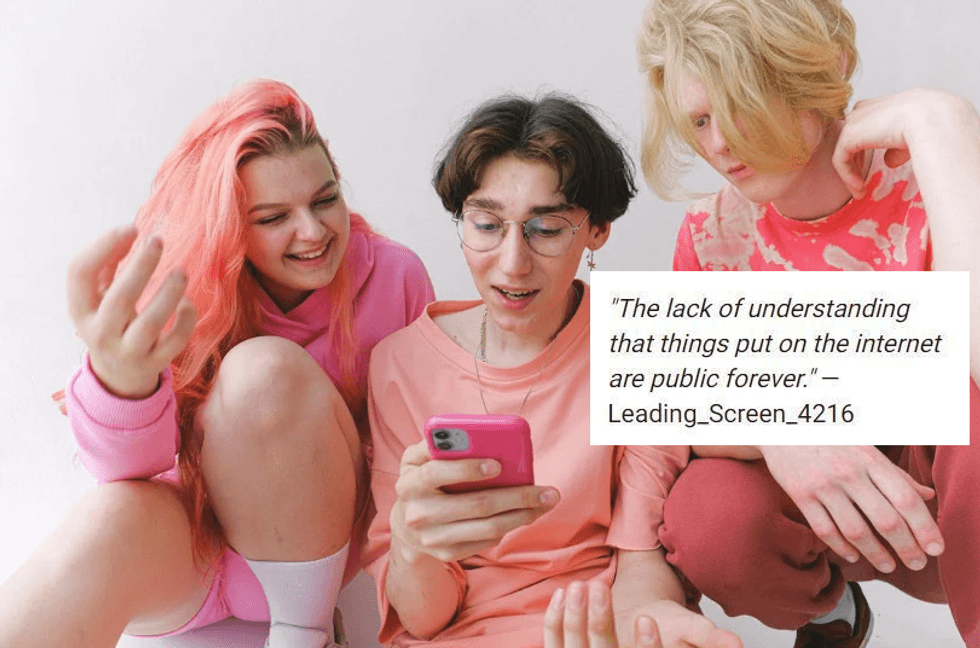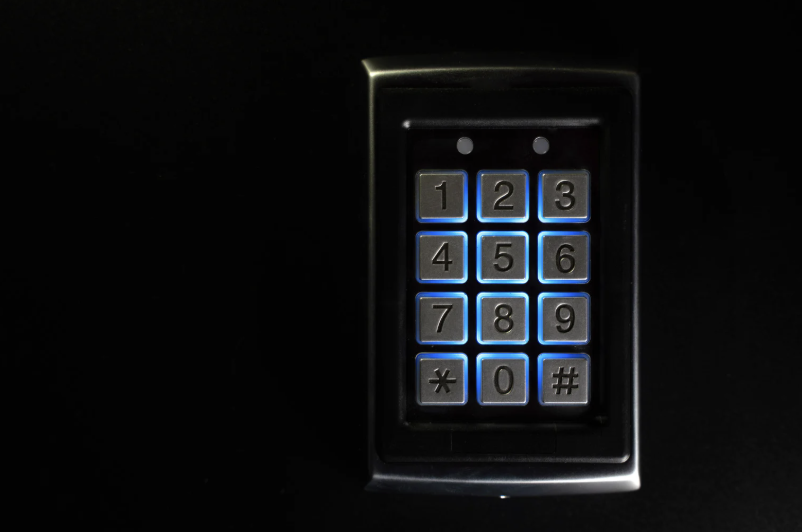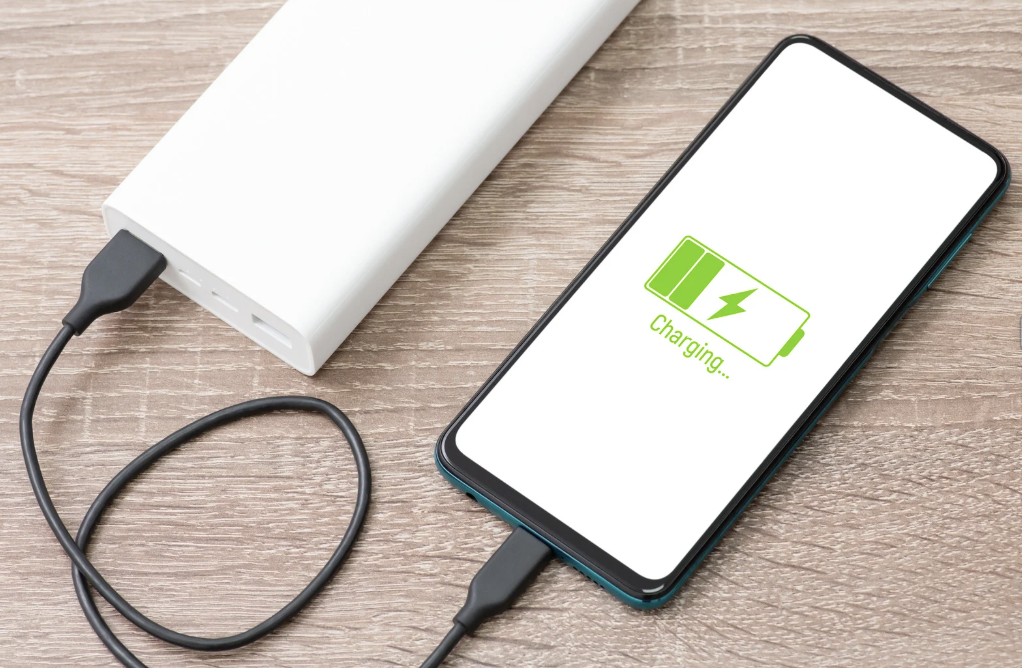Conversation etiquette varies between generations, cultures and platforms. Younger age groups might take words once thought to be insulting and use them in an opposite way as a form of reclamation. In some countries, talking about politics or religion is considered rude, while in others it’s completely acceptable. And certainly, there are quite a few things muttered online that (hopefully) someone would never actually say out loud. (Though it might be a good practice to not type it, either.)
And yet, despite all the nuance, there are a few key approaches that create a widely agreed upon golden standard, such as active listening, having a clear purpose in what’s being said and, ultimately, showing respect for who is being spoken to. These simple guidelines can help a person be more engaging and charismatic, which can obviously be useful traits whether you’re looking to change the world or just connect with new people.
Likewise, there are fairly universal things that can be said in a conversation that instantly come across as unlikeable. Redditor u/theevilempire asked folks to list certain words or phrases that elicited an overall negative reaction when heard, and commenters didn’t hold back.
Some, if not many, of these commonly spoken expressions aren’t even inherently repelling, but are made that way simply because the person saying it is being hypocritical or insensitive. Others are just plain ol’ overused.
Without further ado, here are 10 phrases that make a person instantly unlikeable in a conversation:
1.“I tell it like it is”
This was the top answer, with the general agreement being that a person who uses this phrase is not only being unnecessarily cruel under the guise of honesty, but they’re also usually a person who can’t take criticism from anybody else.
“We all need to hear hard truths sometimes. That being said, usually people who are ‘blunt’ and ‘tell it like it is’ are exactly the same ones who can dish it out but can’t take it,” midget_rancher79 wrote.
Objective_Stick_2114 added: “Exactly. I think a person can be direct, to the point, and still be likeable. You don’t have to be hurtful or brutal to be considered direct. It’s the unsolicited judgemental comments that are most likely unnecessary, over-indulgent, and just mean. I find the most direct people actually do use a lot of discretion when speaking to others, and listen more than they speak.”
2. Any “I’m not [insert something here], but…” statements
People had a ton of examples for this. “I’m not racist, but…”; “No offense, but…”; “Don’t take this the wrong way, but…”;”Not to get political, but…” These statements are usually followed by things that would most likely be highly offensive/racist/politically leaning, etc, and therefore make the person saying it comes across like they wanted to insult someone without facing potential consequences.
3. Using mental disorders to describe a normal idiosyncrasy
“I’m bipolar and I hate when people use it as a badge of quirkiness. Nobody brags about climbing the walls at 3 AM, nobody should aspire to burning their life down, nobody can throw away every relationship/career/education and think it’s something to be proud of.” – levieleven
“Any time a legitimate diagnostic term becomes slang for something it cheapens the effectiveness and value of the word. Not to mention the dismissive effect it has upon those who actually deal with the condition. I’m so sorry that you and others are disrespected this way so often. You deserve validation and respect for taking care of yourself, not to have your issues trivialized.” – Drkphnx02
4. “I hate drama.”
“I have never heard someone say this, unsolicited, and not been exhausted with their shenanigans within a day.” – Spodson
5. “As an empath…”
“I think self-proclaimed ‘empaths’ are either overestimating their own empathy or underestimating everyone else’s. And, only a person who lacks the ability to emotionally regulate or has narcissistic tendencies would try to make other people’s feelings all about them.” – HeyItsNotMeIPromise
6. Referring to exes as “narcissists”
“I work in the behavioral health field and this one drives me crazy…Just because you both wanted different things in life doesn’t make him selfish enough to be labeled with an actual personality disorder, oh my god. Just say you weren’t compatible and move on with your life.No offense to those who actually did genuinely date a narcissist.” – NightDreamer73
7. Using “corporate speak”
Engagement, initiative, synergy, circling back…you get it. People hate it.
8. Describing oneself as an “alpha male”
“Who in their right mind would describe himself as an alpha male and be serious about it? And how do you not die laughing at them?” – onesmilematters
9. Putting others down to make yourself look better
“If a person humiliates others for the sake of boosting his own ego, I immediately stop communicating with that person” – AnastasiaFrid
10. “If you can’t handle me at my worst you don’t deserve me at my best”
It’s another way of saying “If you can’t tolerate my downright abusive behavior, you don’t deserve my complete indifference towards you.” – quickshot125





























































